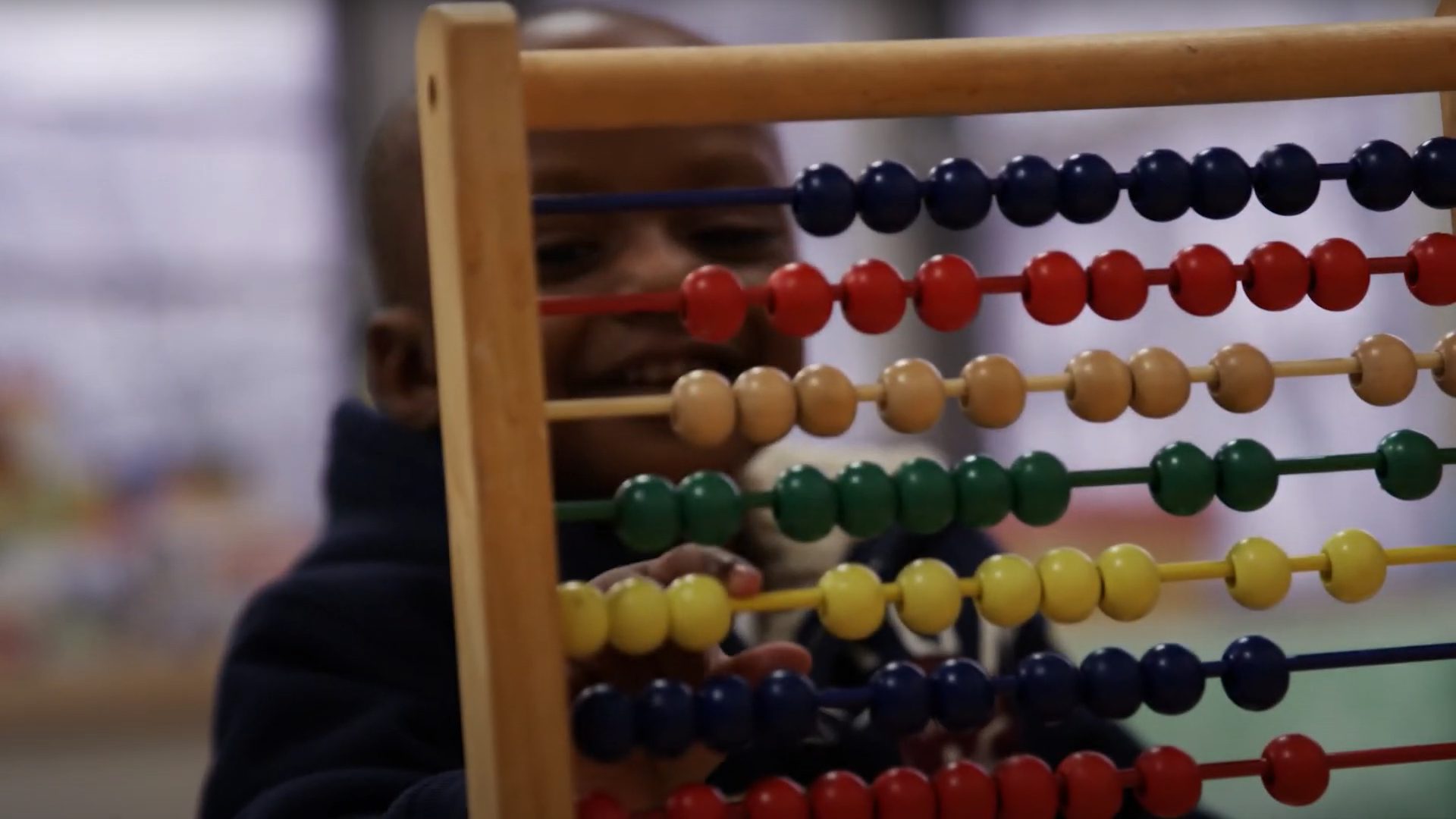Emerging evidence reveals an uptick in developmental delays and challenging behaviors in children belonging to the so-called “COVID generation.” Born during or shortly before the pandemic, many of these children are talking, walking and interacting later and less frequently. They’re also more prone to certain behaviors, like outbursts, physical aggression and separation anxiety.
Intervening early is key, experts say, because of what we know about early childhood development. After age 3, the brain begins to prune itself: The neural connections that are used frequently become more secure while the others fade away. Essentially, the brain loses what it doesn’t use. Caregivers and providers weigh in on these delays, and how our HealthySteps program is helping bridge the gap.

